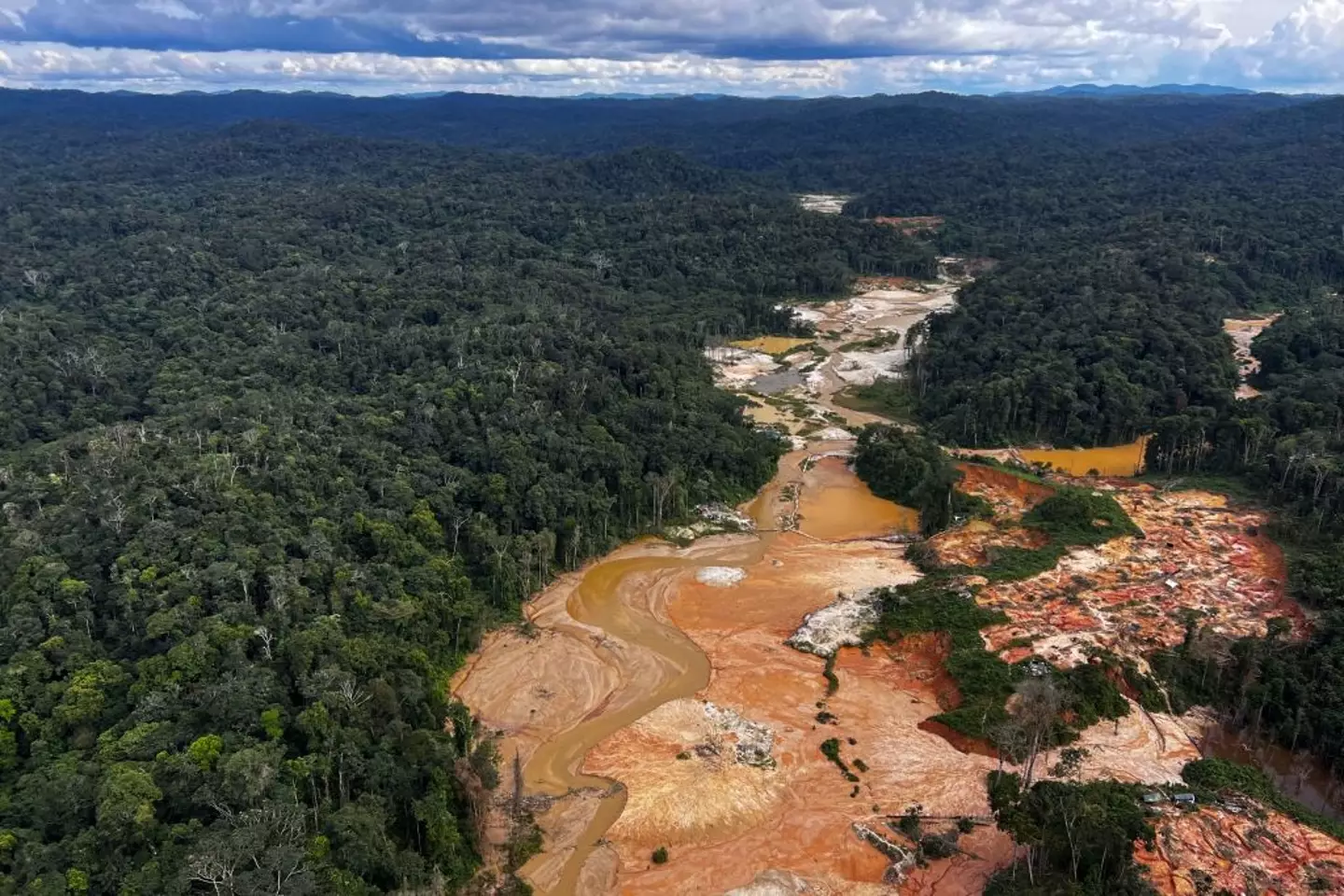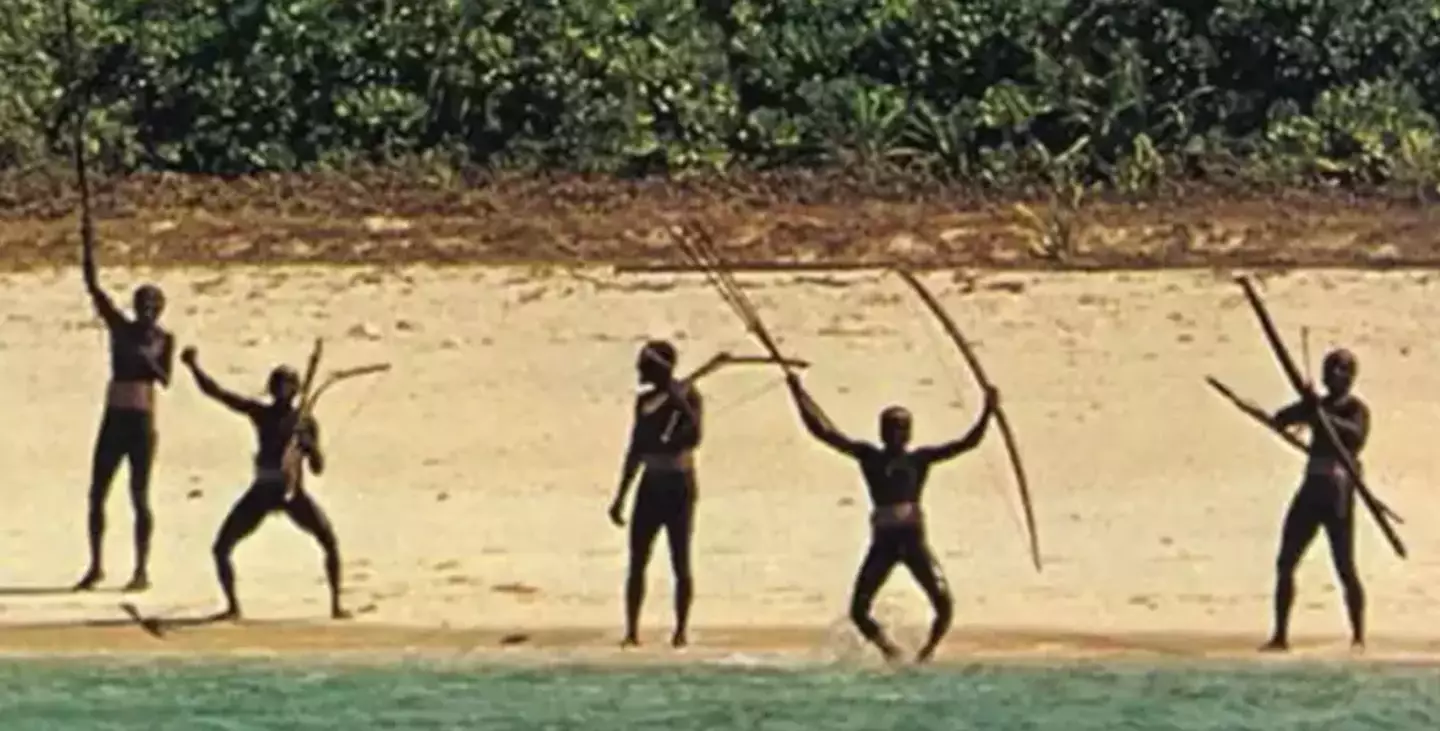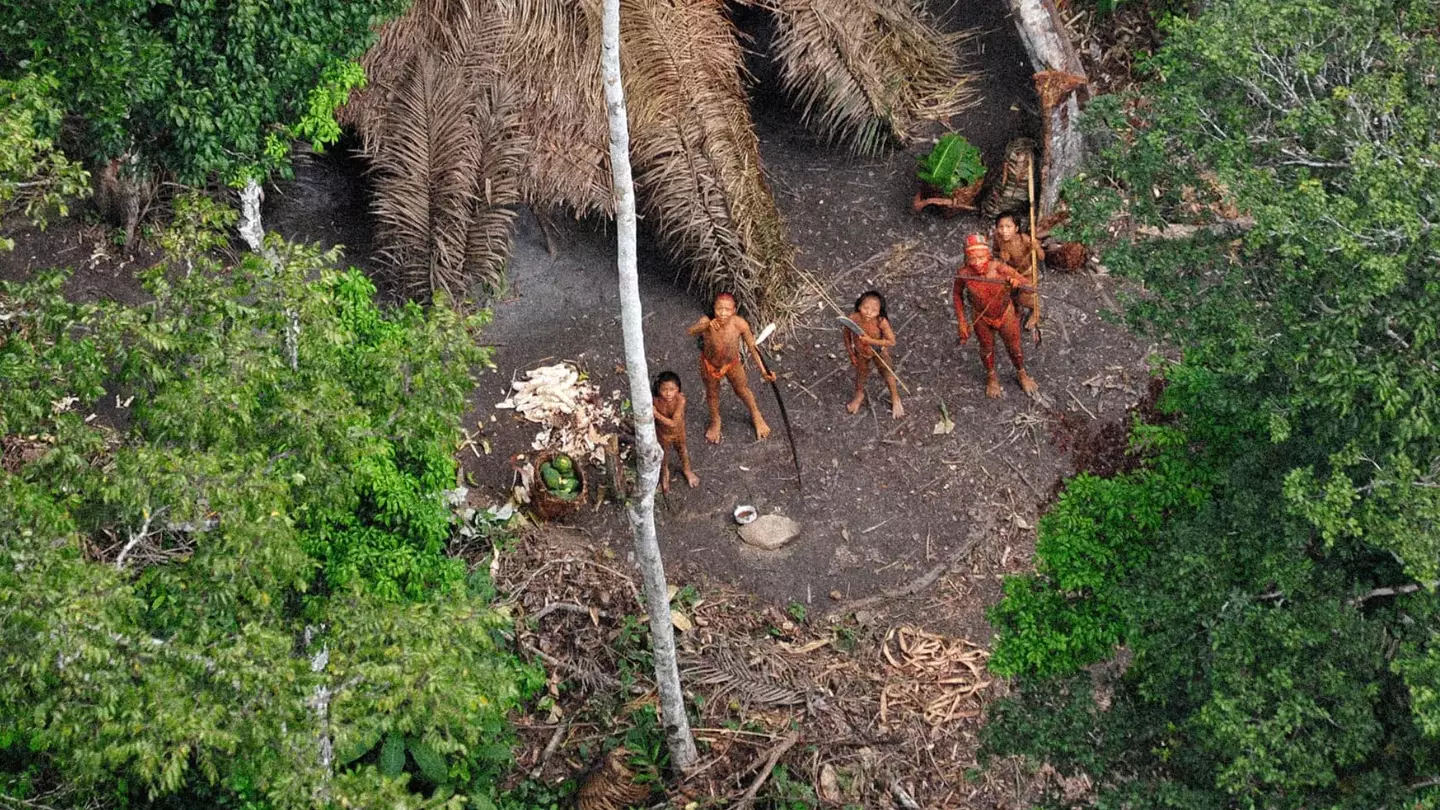Experts are raising alarms about indigenous tribes worldwide due to a newly identified threat that could jeopardize their existence.
A paper titled ‘Uncontacted Indigenous Peoples: at the edge of survival’ highlights that there are 196 uncontacted indigenous groups globally, with 95% residing in the Amazon rainforest. The remaining groups are dispersed across Asia and the Pacific.
The report states: “Their homes are in forests, where they live self-sufficiently by hunting, fishing, and gathering. The biggest concentration in the world is in the Yavari-Tapiche area on both sides of the border between Brazil and Peru – it is home to 26 such groups.
“The Sentinelese inhabit North Sentinel Island in the Indian Ocean. Their lands do not just provide their shelter and livelihoods – they are also the core of their identity, culture and resistance. These territories are their homes.”

The research highlights that ‘greed, racism and colonialism’ pose significant risks to these uncontacted groups, as well as individuals trying to ‘put them on YouTube’.
“They are forced into contact – or off their land – by those using racist stereotypes like ‘primitive’ or ‘stone age’ to justify invading their homes supposedly in the name of salvation or development,” the report notes.
“Uncontacted peoples are threatened with deadly contact and land theft by those seeking to assimilate them, evangelize them, put them on YouTube – or, most often, exploit their land for profit. Forcing contact on uncontacted Indigenous peoples places others’ desires and profit above their rights and their survival.”
The report further discusses how influencers and ‘adventure tourists’ frequently break local laws in their attempts to reach uncontacted tribes, referencing a 2025 incident where a man was detained for trying to contact the Sentinelese.
In April, Mykhailo Viktorovych Polyakov was apprehended in India while attempting to visit North Sentinel Island, although it was reported he had made two prior attempts.
Meanwhile, photographing and filming the Andaman tribes remain prohibited in the region.

Despite legislation protecting indigenous rights, the report indicates that national and international regulations are still often violated.
It also highlights that a third of Amazonian groups face threats from drug-trafficking gangs seeking to destroy forests for their illegal activities.
Illegal logging and mining further exacerbate these threats, prompting the report to call on governments to strengthen the enforcement of existing laws.
Without intervention, the report warns up to half of these uncontacted groups could vanish within the next decade.
Additionally, it urges companies to pledge not to source materials from these territories and to ‘take action to clean up supply chains’.

